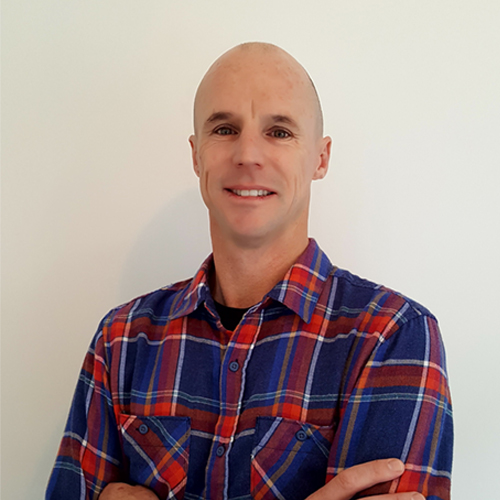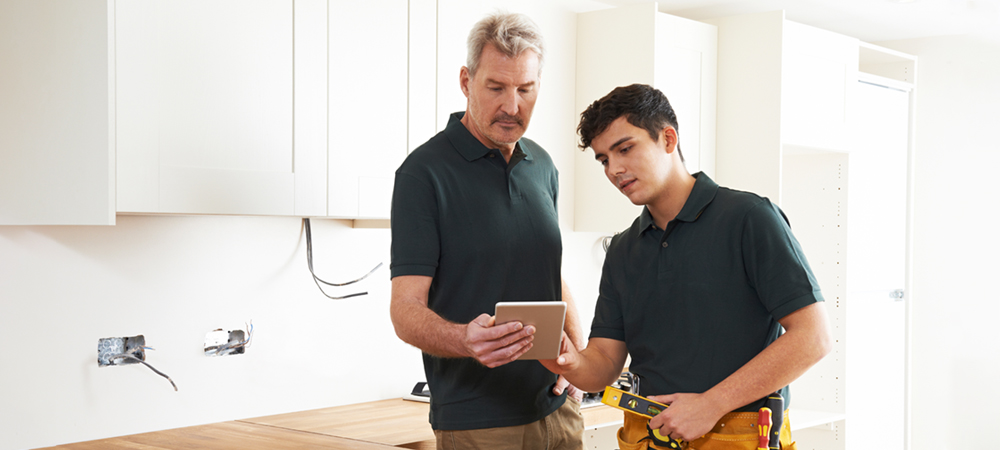On the lighter side of things, we ask David Falconer, CEO of NextMinute what makes him tick.

What would you describe as your most memorable achievement?
Having worked in small web application and SaaS businesses for 20-plus years, my most memorable achievements have always been to do with being the underdog and winning deals when there are big incumbents in the mix.
Coming out on top, against the odds, is generally the result of an innovative approach, a high level of knowledge and expertise and end-to-end continuity, from pre-sales right through to the support phase. We experienced one of these triumphs back in 2016, shortly after I joined NextMinute, when the company scored a breakthrough deal with PlaceMakers, New Zealand’s largest builders’ merchant.
What first made you think of a career in technology?
Coming through university in the mid-nineties I chose to go down the management systems route because I saw what the Internet and e-commerce could offer businesses and people. Back then it was all still quite unknown but exciting. One of the key things for me was the way this new technology could overcome location and geography barriers. The concept of being able to work anywhere in the world, virtually, really appealed. Some people never thought it would be possible – and it’s taken a bit longer than I thought it might – but we’re there now. Almost every job has a flexible component.
What style of management philosophy do you employ with your current position?
I’ve always run with a high trust, high responsibility model. You can get the most and the best out of people when they feel that they’re responsible for something and that you trust them to deliver. It’s a modus operandi that also encourages people to use their initiative and be a bit more creative. The word authenticity is over-used but bringing your true self to work, sharing your life, your world, and your views with your team, and not asking anyone in the business to do something you wouldn’t do yourself, is how I like to operate. I’m also a big advocate for people looking after themselves. Attend to your health, relationships and family first and you’ll put your best foot forward when you come to the office.
What do you think is the current hot technology talking point?
The question of how people can have less technology in their lives or at least get the balance right seems to have assumed greater prominence, of late. Everyone is uber-connected and working out how we can harness digital platforms for real benefit, while at the same time maintaining genuine connections and interactions, is a challenge. For those of us who have school children and see technology seeping into social lives and weekend time, working out what a healthy balance looks like is especially critical.
How do you deal with stress and unwind outside the office?
My wife and I moved to the beach – Whangamata on New Zealand’s Coromandel Peninsula – a few years back because we both love the outdoors and the ocean. The activities that allow me to unwind most effectively are those that don’t enable me to think about anything except what I’m doing in the moment.
Surfing is one of them and mountain biking is another. You must be wholly absorbed in what you’re doing, or it doesn’t work out. Even if it’s only for a small moment in time, it’s a great way to clear the head. I also love doing things with my family. When we’re having fun together, the stress drops away quickly.
If you could go back and change one career decision, what would it be?
Nothing springs to mind and I think that’s because I’m generally very considerate when it comes to making important decisions. The one thing I do sometimes wonder about is what my life would have been like if I’d gone down the corporate path – if I’d worked for Deloitte or Credit Suisse, or one of the big banks after I left uni. Having spent my life in smaller businesses, it’s not something I’ve experienced. No regrets though – the start-up environment exposes you to a whole other set of challenges and helps you grow and build resilience at pace.
What do you currently identify as the major areas of investment in your industry?
In the construction sector, it’s all about integrations and connections. Businesses are slowly starting to become more tech-savvy and linking them together is going to be really, really important. Now, we see a lot of different point solutions but glueing them together and smoothing over the workflows will provide real benefits. Hopefully, we’ll also start to see more investment in education too. Many tradespeople are highly proficient ‘on the tools’ but could run their businesses more productively and efficiently by learning to use digital tools too.
What are the region-specific challenges when implementing new technologies in APAC?
Language and culture are always going to be challenging in a diverse region like APAC. Even between Australia and New Zealand, we see a lot of subtle differences. Getting the colloquial stuff right can be important when you’re creating a solution or outlining the value proposition it represents. The other challenge is around compliance. Every country has different rules and regulations so any product or service with a tech slant can never be one size fits all.
What changes to your job role have you seen in the last year and how do you see these developing in the next 12 months?
Over the last year, our team has grown from 12 employees to 19. As a result, I’ve had to instigate some important ‘growing up’ processes; formalising team structures and reporting and making sure our workflows are streamlined. We’ll never lose our start-up spirit, but we’ve needed to put those things in place to enable us to expand successfully.
Over the next 12 months, my focus will be on building our teams in New Zealand, Australia and the UK. That’s inevitably going to require more travel. It’s really important I embed myself in those various different offices, have face-to-face interactions and make sure people are living and breathing the NextMinute values and culture.
What advice would you offer to someone aspiring to obtain a C-level position in your industry?
Surround yourself with people who have been there and done that before you. Whether you’re working in big business or the start-up space, I couldn’t recommend that enough – getting a network of contacts you can tap into and catch up with, even if it’s just a call every six months or so. Hearing what other people are saying and doing will help you stay abreast of what’s going on outside your immediate sphere and that’s what gives you an advantage as you look at shifting into a C-level position. Secondly, stay humble and don’t talk BS. It’s a small world out there and you only have your name and reputation, so play a really, really good game.


